Human CEACAM1/CD66a ELISA Kit
$245.00 – $350.00
| Related Target | |
|---|---|
| Species | human |
| Sample Type | Serum, plasma, cell culture supernatant, and other biological samples |
| Sample Volume | 20 μL |
| Sensitivity | 106.49 pg/mL |
| Array Range | 0.47 ng/mL – 30 ng/mL |
| Assay Time | 3.5 h |
| Recovery | 81% – 117% |
| Average Recovery | 97% |
ELISA Kit Detail Information
| Related Target | |
|---|---|
| Species | human |
| Sample Type | Serum, plasma, cell culture supernatant, and other biological samples |
| Sample Volume | 20 μL |
| Sensitivity | 106.49 pg/mL |
| Array Range | 0.47 ng/mL – 30 ng/mL |
| Assay Time | 3.5 h |
| Recovery | 81% – 117% |
| Average Recovery | 97% |
| Intra Precision | 3.8% – 4.6% |
| Inter Precision | 3.3% - 4.3% |
| Plate | Detachable 96-well plate |
| Storage | If the reagent kit is unopened, it should be stored at 4℃. However, if it has been opened, the standard solution should be stored at -20℃, while the other components should be stored at 4℃. |
| Delivery | 4℃ blue ice transportation |
| Components | 96-well polystyrene enzyme-linked immunosorbent assay (ELISA) plate coated with anti-CEACAM1/CD66a monoclonal antibody Human CEACAM1/CD66a freeze-dried standard Human CEACAM1/CD66a detect Antibody Standard Diluent Assay Buffer(10×) Substrate TMB Stop Solution Washing Buffer(20×) Sealing Film |
| Assay Principle | This kit utilizes the double antibody sandwich enzyme-linked immunosorbent assay (ELISA) detection technique.Specific anti-human CEACAM1 antibodies are precoated on a high-affinity ELISA plate. Standard samples, test samples, and the detection antibody labeled with horseradish peroxidase are added to the wells of the ELISA plate. After incubation, CEACAM1 present in the samples binds to the solid-phase antibodies and the detection antibodies. After washing, a colorimetric substrate, TMB, is added and the plate is incubated in the dark for color development. The intensity of the color reaction is directly proportional to the concentration of CEACAM1 in the samples. A stop solution is added to terminate the reaction, and the absorbance value is measured at a wavelength of 450 nm (with a reference wavelength range of 570-630 nm). |
Related Targets
CEACAM1
CEACAM1 Target Infomation Overview
- Target Symbol: CEACAM1, CEA cell adhesion molecule 1
- Gene Groups: CD molecules; V-set domain containing; CEA cell adhesion molecule family
- Alias: BGP1; CD66a
- Previous Names: BGP
- Alias Names: carcinoembryonic antigen-related cell adhesion molecule 1 (biliary glycoprotein); carcinoembryonic antigen related cell adhesion molecule 1
CEACAM1, CEA cell adhesion molecule 1 Target Infomation by Species
- Human
- Mouse
- Rat
Human CEACAM1 Target Information
- Target Symbol: CEACAM1, CEA cell adhesion molecule 1
- Alias:
- antigen CD66
- BGP
- BGP-1
- BGP1
- BGPI
- biliary glycoprotein 1
- biliary glycoprotein adhesion molecule
- carcinoembryonic antigen related cell adhesion molecule 1
- carcinoembryonic antigen-related cell adhesion molecule 1
- carcinoembryonic antigen-related cell adhesion molecule 1 (biliary glycoprotein)
- CD66a antigen
- NCBI_Gene: 634
- UniProtKB: P13688
Human CEACAM1 Predicted Functions
Enables cytoskeletal protein binding activity; enzyme binding activity; and identical protein binding activity. Involved in several processes, including negative regulation of T cell receptor signaling pathway; negative regulation of leukocyte mediated cytotoxicity; and wound healing, spreading of cells. Located in apical plasma membrane; cell surface; and cell-cell junction. Is integral component of membrane. Colocalizes with T cell receptor complex.
Mouse Ceacam1 Target Information
- Target Symbol: Ceacam1, carcinoembryonic antigen-related cell adhesion molecule 1
- Alias:
- Bgp
- Bgp1
- biliary glycoprotein
- biliary glycoprotein 1
- C-CAM
- carcinoembryonic antigen 1
- carcinoembryonic antigen 7
- Cc1
- CD66a
- Cea-1
- Cea-7
- Cea1
- Cea7
- hepatitis virus (MHV-4) susceptibility
- Hv-2
- Hv2
- mCEA1
- Mhv-1
- MHVR1
- mmCGM1
- mmCGM2
- resistance to MHV (A59) replication in macrophages
- NCBI_Gene: 26365
Mouse Ceacam1 Predicted Functions
Enables several functions, including signaling receptor binding activity; virion binding activity; and virus receptor activity. Involved in several processes, including common myeloid progenitor cell proliferation; granulocyte colony-stimulating factor signaling pathway; and negative regulation of macromolecule metabolic process. Acts upstream of or within several processes, including modulation by host of viral process; regulation of T cell activation; and regulation of intracellular signal transduction. Located in cell projection membrane; external side of plasma membrane; and extracellular space. Is expressed in several structures, including alimentary system; central nervous system; extraembryonic component; genitourinary system; and skeleton. Orthologous to several human genes including CEACAM1 (CEA cell adhesion molecule 1).
Rat Ceacam1 Target Information
- Target Symbol: Ceacam1, CEA cell adhesion molecule 1
- Alias:
- adhesion molecule, CEA-like
- adhesion molecule, CEA-like (mapped)
- ATP-dependent taurocolate-carrier protein
- Bgp
- BGPR
- C-CAM 105
- carcinoembryonic antigen related cell adhesion molecule 1
- carcinoembryonic antigen-related cell adhesion molecule
- carcinoembryonic antigen-related cell adhesion molecule 1
- carcinoembryonic antigen-related cell adhesion molecule 1 (biliary glycoprotein)
- Ccam1
- Ccam1_mapped
- CD66a
- CEA-related cell adhesion molecule 1
- CEA-related cell adhesion molecule 1 (bone gamma-carboxyglutamic acid (Gla) protein) (osteocalcin)
- cell-CAM 105
- ecto-ATPase
- GP110
- osteocalcin
- pp120
- pp120/ecto-ATPase
- NCBI_Gene: 81613
Rat Ceacam1 Predicted Functions
Enables several functions, including bile acid transmembrane transporter activity; calmodulin binding activity; and protein homodimerization activity. Involved in several processes, including homophilic cell adhesion via plasma membrane adhesion molecules; insulin catabolic process; and regulation of signal transduction. Acts upstream of or within positive regulation of MAP kinase activity. Located in several cellular components, including adherens junction; basal plasma membrane; and lateral plasma membrane. Orthologous to several human genes including CEACAM1 (CEA cell adhesion molecule 1).
Citations for Human CEACAM1/CD66a ELISA Kit
There are no citations for this product yet.
If you buy this product and mention it in your thesis, we welcome you to provide us with the thesis information. As a thank you, we will give you some gifts, such as discount coupons.
Citations data is updating...

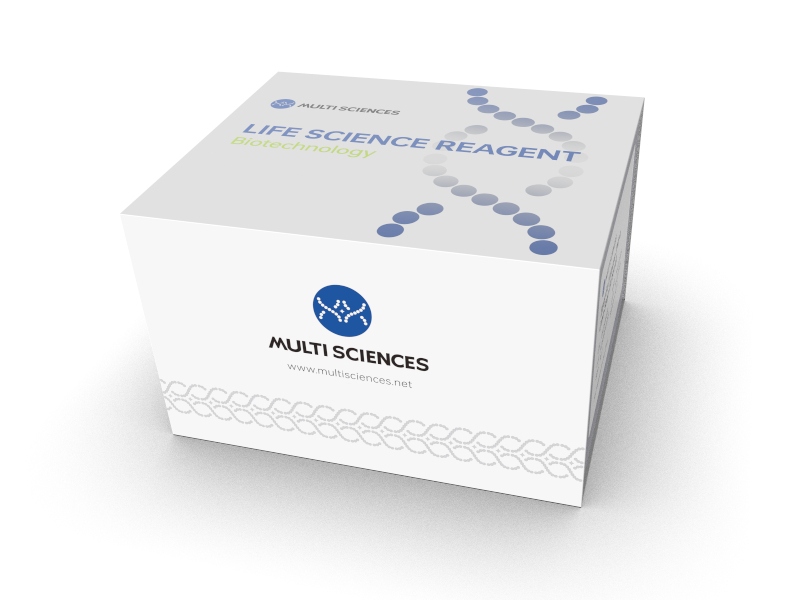
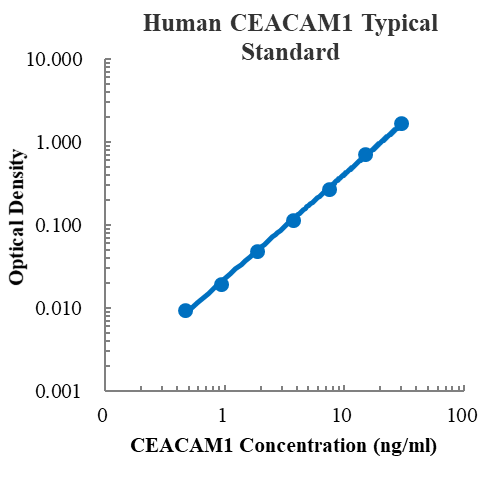
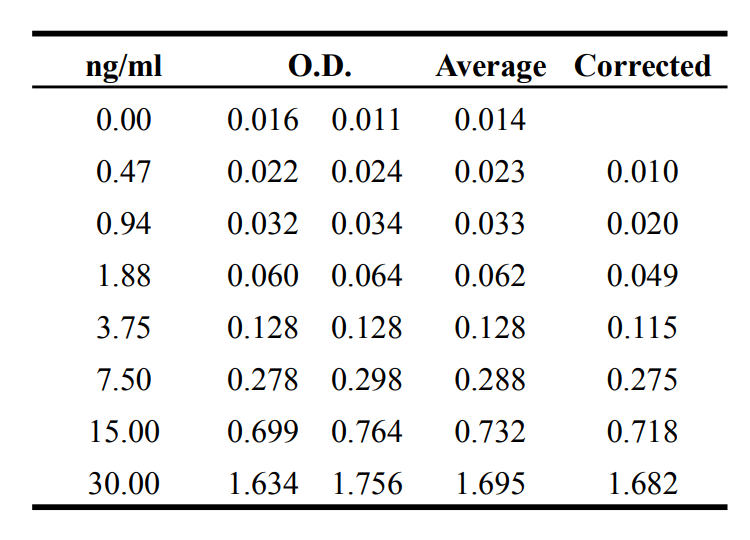

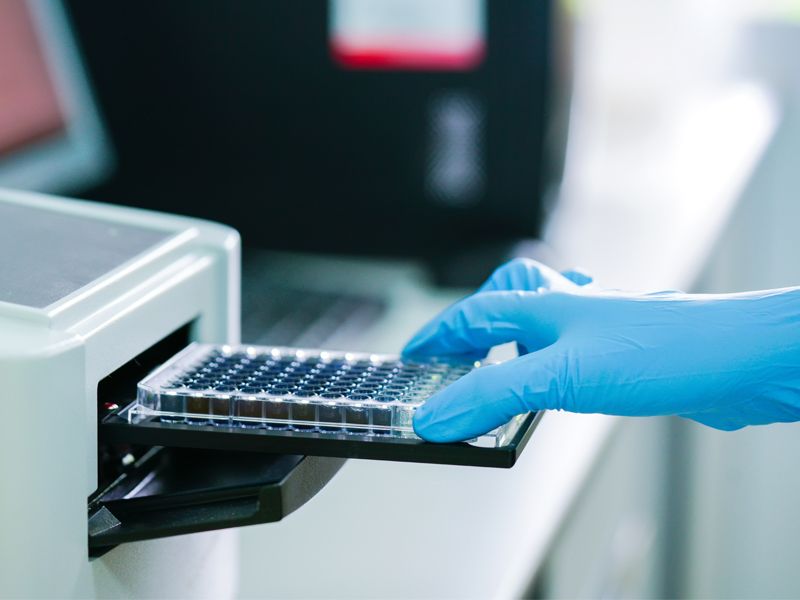
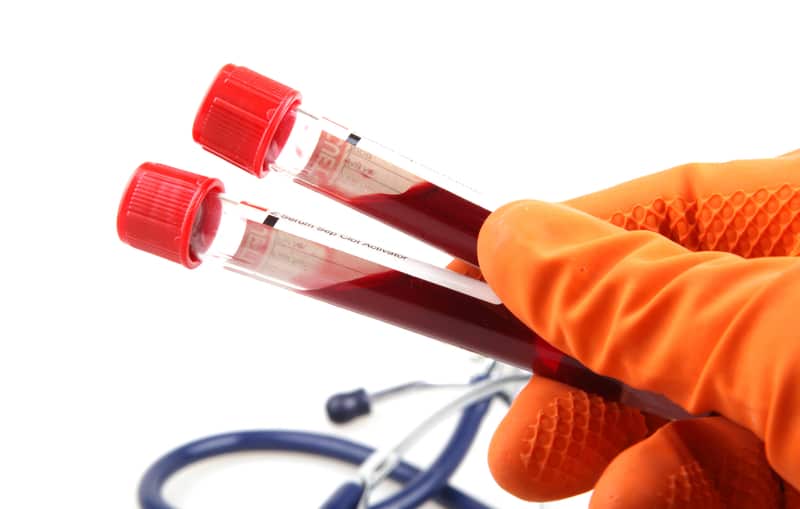

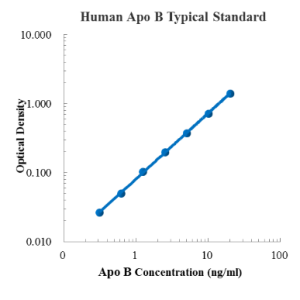
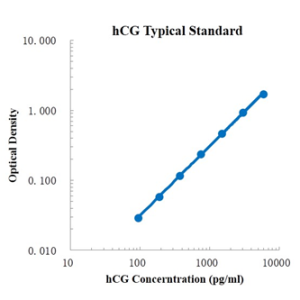
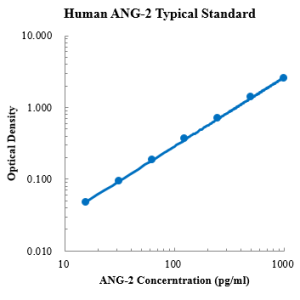
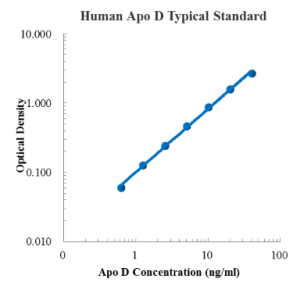
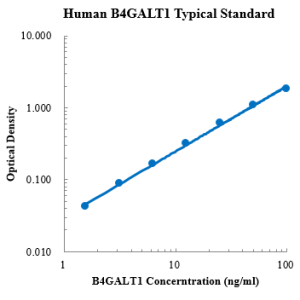
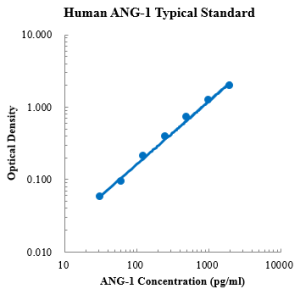
Reviews
There are no reviews yet.